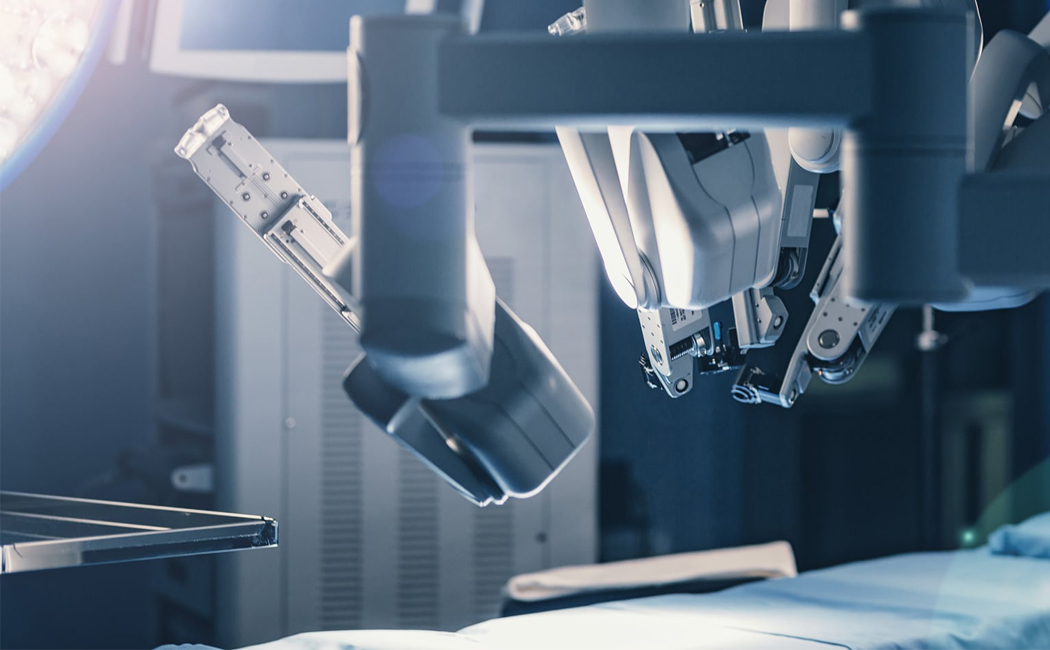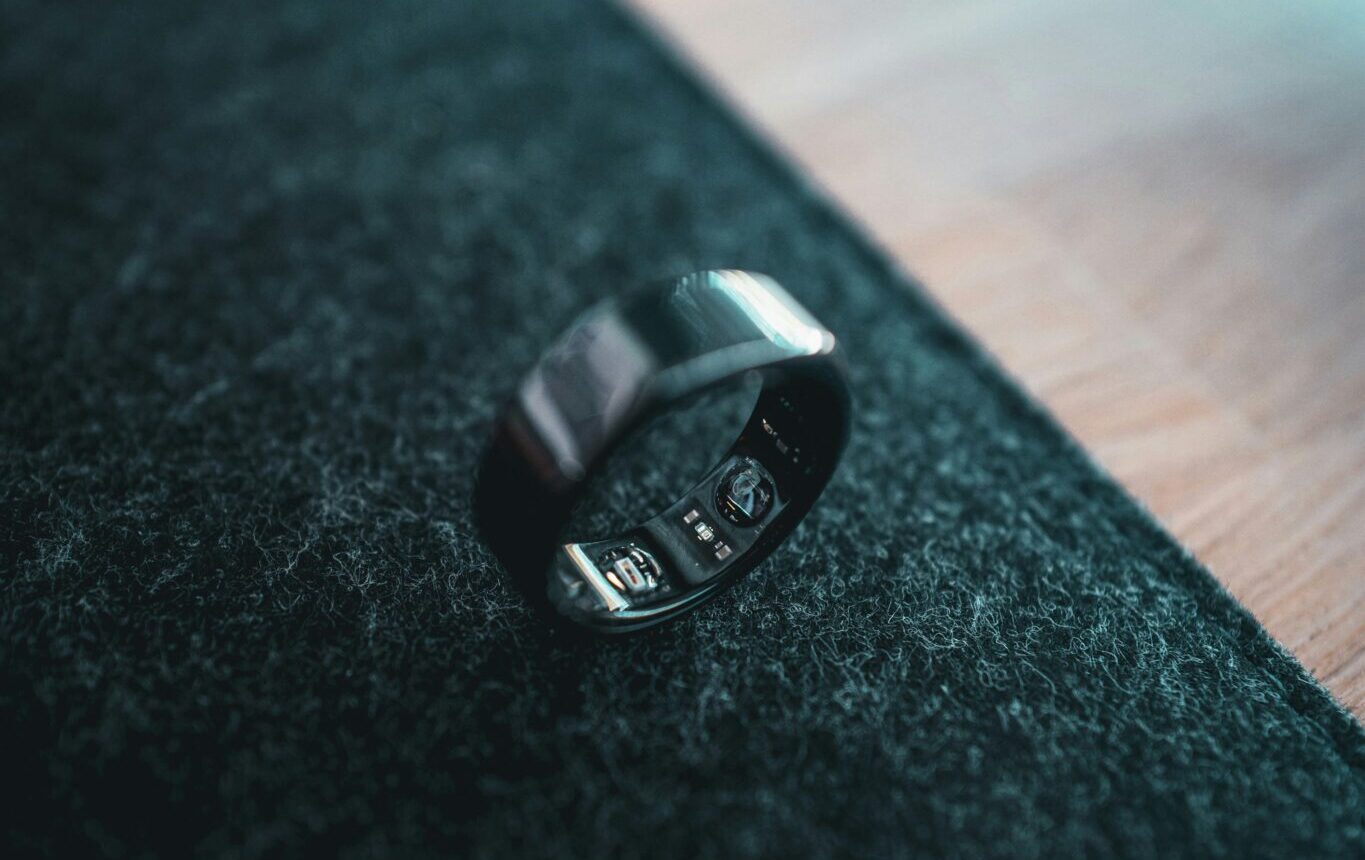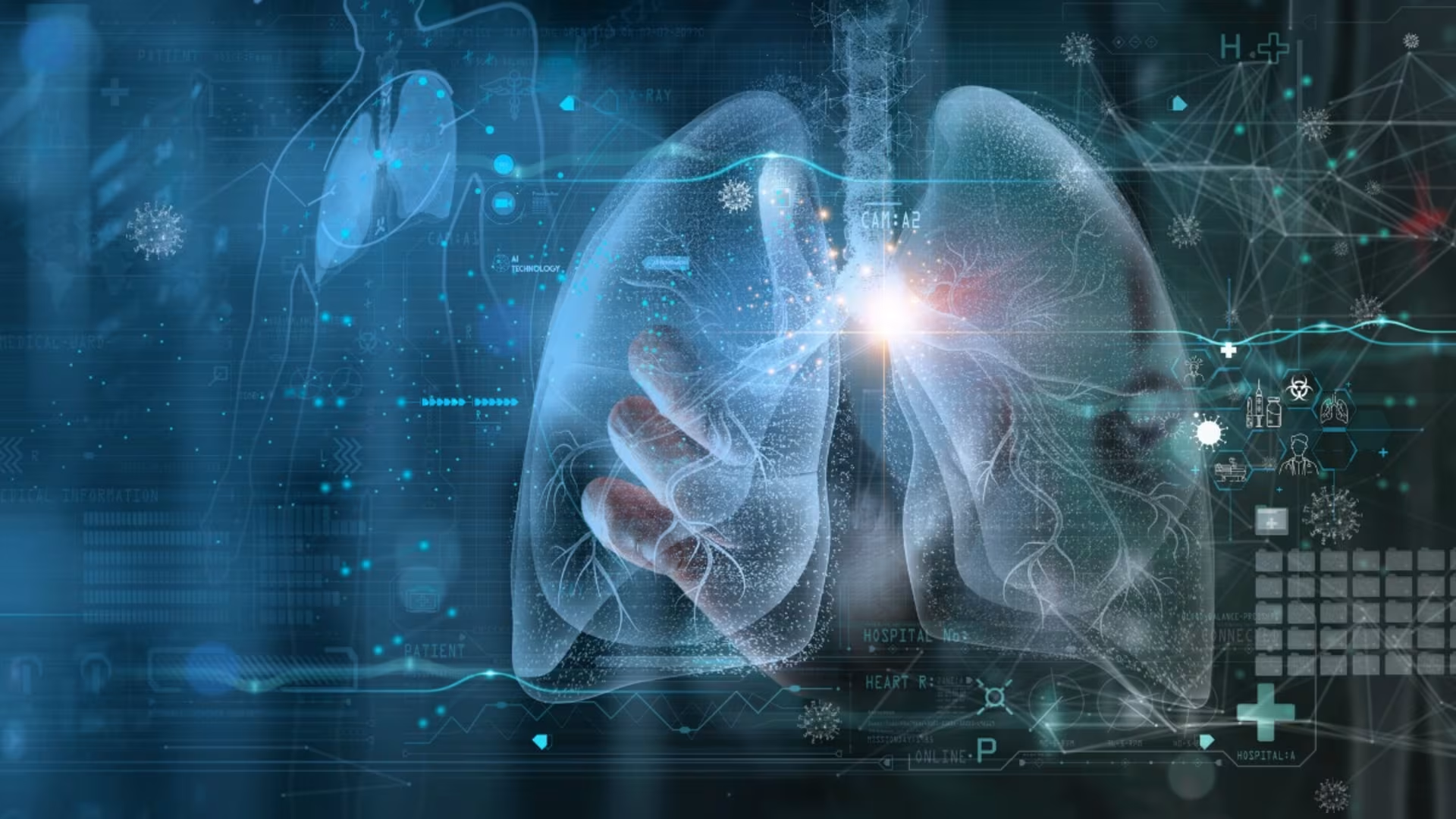AI and Healthcare: 10 Ways Artificial Intelligence is Improving Healthcare
AI is revolutionizing healthcare by enhancing diagnostics, personalizing treatment, and improving operational efficiency. In an age where we are continuously improving the way we treat and prevent disease, we are often relying on technology to go where humans cannot.
Below is a more detailed breakdown of AI applications in healthcare, supported by relevant statistics and real-world examples.
1. Medical Imaging & Diagnostics
AI algorithms, particularly deep learning models can analyze medical images (i.e. X-rays, MRIs, and CT scans) to detect diseases more accurately and efficiently than traditional methods.
For example, Google’s DeepMind developed an AI system that detected over 50 eye diseases with 94.5% accuracy, comparable to top ophthalmologists.
A study published in The Lancet Digital Health also found that AI-assisted mammogram analysis reduced false positives and false negatives by 5.7% and 9.4%, respectively.
2. Predictive Analytics & Early Disease Detection
AI models are being used to analyze patient data to predict the likelihood of diseases before symptoms appear. In one study, AI detected early signs of Alzheimer’s up to 6 years before diagnosis based on brain scans.
A study in Nature Medicine also showed that AI predicted heart attacks and strokes with 85% accuracy, outperforming traditional risk assessment tools.
In recent decades we have seen a significant transition from focusing on treatments to preventative care to help improve overall outcomes.
3. Personalized Medicine
AI tailors treatment plans by analyzing genetic, lifestyle, and medical data, increasing treatment effectiveness. One example of this, IBM Watson for Oncology has been used in over 230 hospitals worldwide, analyzing patient data to recommend personalized cancer treatments.
AI-driven genomic analysis has helped identify genetic markers for cancer, improving targeted therapy success rates by 30-50%. This has been made more accessible through genetic tests like 23andMe and other similar at-home tests.
4. Drug Discovery & Development
AI accelerates drug discovery by analyzing molecular structures and predicting drug interactions. BenevolentAI used artificial intelligence to identify a potential treatment for COVID-19 in 48 hours, compared to traditional methods that take years.
AI-assisted drug development is projected to reduce R&D costs by up to 70% and shorten development time from 10–15 years to 4–7 years.
5. Robotic Surgery
AI-powered robotic systems assist in precise and minimally invasive surgeries. A study in JAMA Surgery found robotic-assisted surgeries had 21% shorter hospital stays and 30% fewer complications than traditional methods.

6. Virtual Health Assistants & Chatbots
AI-driven chatbots assist with appointment scheduling, symptom checking, and medication reminders. Babylon Health’s AI chatbot, used in the UK, achieved a 92% accuracy rate in diagnosing common conditions. AI chatbots could reduce administrative costs by $3.6 billion annually in the U.S. healthcare system.
7. Administrative Automation
AI reduces administrative burdens like billing, documentation, and medical coding. It is estimated that AI-driven automation could save hospitals up to $18 billion annually by reducing paperwork and streamlining insurance claims.
A report by McKinsey estimates that AI could automate up to 30% of healthcare tasks, freeing up medical professionals to focus on patient care.
8. Wearable Devices & Remote Monitoring
AI-integrated wearables track vital signs, alerting doctors to health risks. One of the best examples of this is Apple Watch’s ECG feature which has helped detect atrial fibrillation in users, preventing strokes and reducing hospital admissions.

Also popular in wearable device tech is the Oura ring. Similar in capabilities to the Apple Watch, Oura rings also offer sleep tracking, body temperature monitoring, stress monitoring, blood oxygen sensing, and more.
The global AI-driven wearable healthcare device market is expected to reach $19.5 billion by 2027, growing at a 26.5% CAGR.
9. AI in Mental Health
AI analyzes speech patterns, facial expressions, and text to detect mental health conditions. Woebot, an AI-powered mental health chatbot, engages with over 1 million users, providing cognitive behavioral therapy (CBT) for anxiety and depression.
A study in JAMA Psychiatry found AI-based mental health assessments were 80% accurate in diagnosing depression. With improved accessibility to mental health resources, doctors can not only diagnose patients more quickly but also provide better treatment options for their patients.
10. Hospital Resource Management
AI predicts hospital admission rates, optimizes staffing and reduces wait times. The Mount Sinai Hospital in New York used AI to predict patient inflows, reducing emergency room wait times by 15%. This is critical for any hospital as faster treatment is integral to improving patient outcomes.
It is estimated that AI-driven hospital management systems could cut healthcare costs by $200 billion annually.
Conclusion
AI is transforming healthcare by improving accuracy, reducing costs, and enhancing patient outcomes. From early disease detection to robotic surgeries and predictive analytics, AI is driving innovations that will make healthcare more efficient, accessible, and patient-centered.










